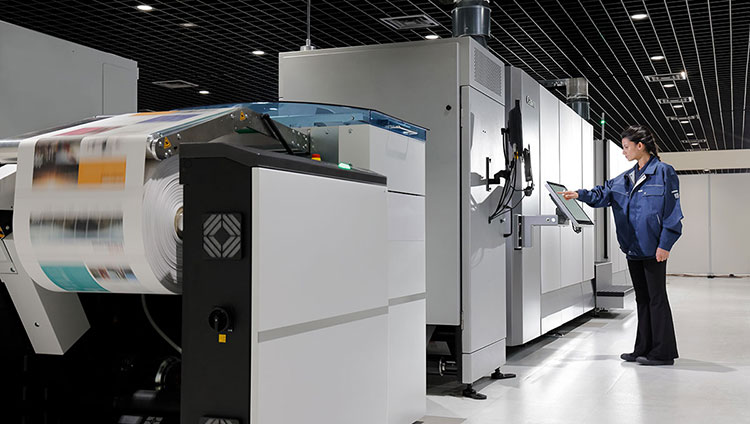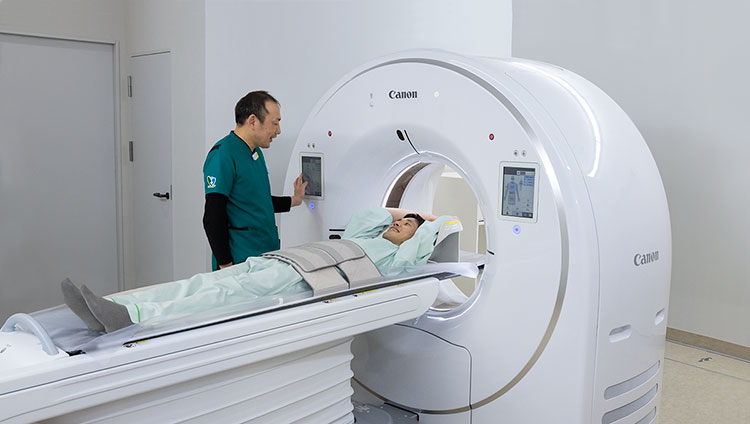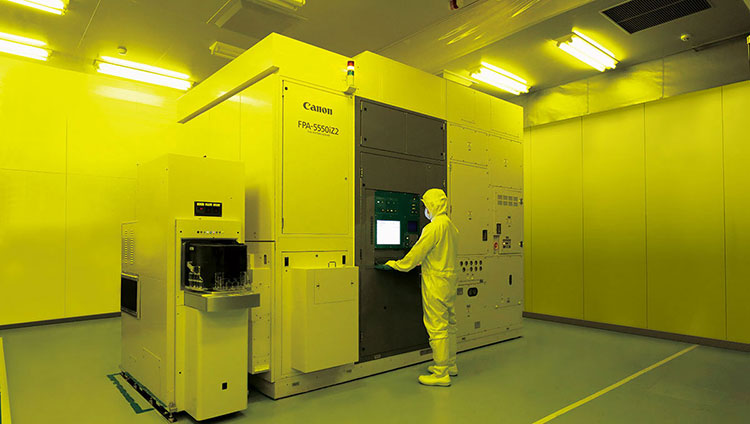Society realized by Medical Business
Reduction of catheterization testing
minimizes the burden on patients

High-resolution images are vital for cardiac CT exams
High-resolution images are vital for cardiac CT exams CT scans enable precise examination of the body. The system comprises a device that emits X-rays and a device that rotates around the body detecting the X-rays, producing cross-sectional images of the body. Compared with images in which X-rays have been irradiated from one direction, a 360-degree CT scan greatly improves the chances of detecting abnormalities.
Patients are instructed to hold their breath and move as little as possible during the scan. The heart, however, is always moving, so it has been difficult to attain CT scans of patients with variable heart rates.
Canon Medical Systems has released the world's first1 CT device offering 16 cm wide coverage in a single rotation. This breakthrough reduces the time needed to scan major organs such as the heart and brain, and also enables the scanning of blood flow. Over the years, Canon Medical has been at the forefront of developing and commercializing many breakthrough technologies, including a CT system that delivers double the resolution compared to conventional systems.
In pursuit of even higher resolution, Canon Medical has leveraged its advanced technologies to develop the super-resolution deep-learning reconstruction technology called Precise IQ Engine (PIQE). Deep learning2 was employed at the design stage to develop this innovative technology, and joint development with medical facilities such as Fujita Health University Hospital has enabled the commercialization of PIQE, opening up new possibilities for cardiac CT exams.
- As of 2007 (based on a Canon Medical survey)
- AI technology was used at the design stage of image reconstruction processing; the system does not possess a self-learning function.
Deep learning has made high-resolution cardiac images a reality

Fujita Health University Hospital houses 40 clinical departments and claims the largest number of hospital beds (1,376) in Japan. Providing critical medical care for the Chubu region, the hospital currently has seven Canon CT systems in operation. When collaborating with Canon Medical on the development of PIQE, which ranks as one of Japan’s top achievements in cardiology, the hospital provided a clinical perspective during image evaluation.
Using Canon's world-class high-resolution CT images as a "learning" tool, PIQE is able to capture super-high-resolution images of cardiac blood vessels in a single rotation. Far sharper than previously possible, the images can clearly show the condition of a stent inside a blood vessel. The visualization of stents smaller than 2.5 mm has also improved, enabling diagnosis without catheterization. Expectations are high that PIQE will help reduce the burden and anxiety of patients around the world.
Society realized by Medical Business
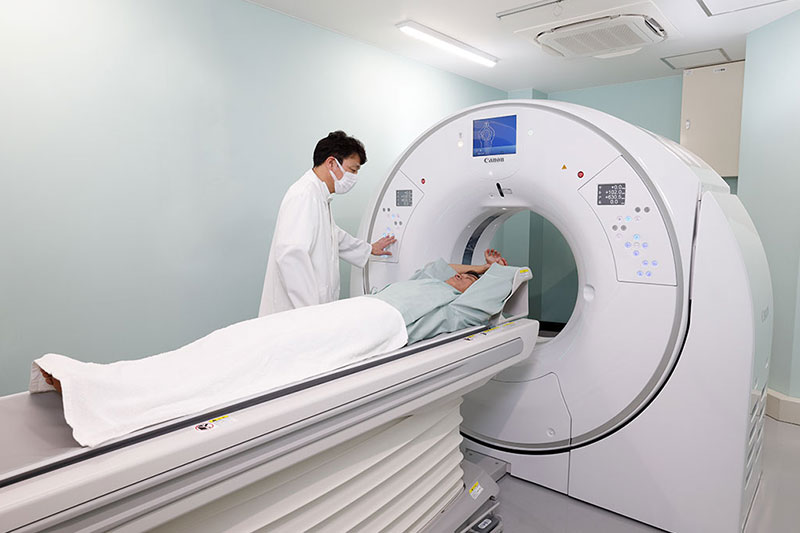
Photon-counting CT, which generates greater detailed images with less image noise, is attracting attention as the next generation of CT. Canon will work together with medical institutions around the world to verify PCCT.
LEARN MORE

Joint development with medical facilities such as Fujita Health University Hospital, which has the largest number of hospital beds in Japan, realize practical use of super-high-resolution, deep-learning reconstruction technology and open up new possibilities for cardiac CT scanning.
LEARN MORE

These mobile medical trailer CT systems, equipped with high-spec CT systems that support diagnostics with high image quality and low radiation doses, are used around the world.
LEARN MORE
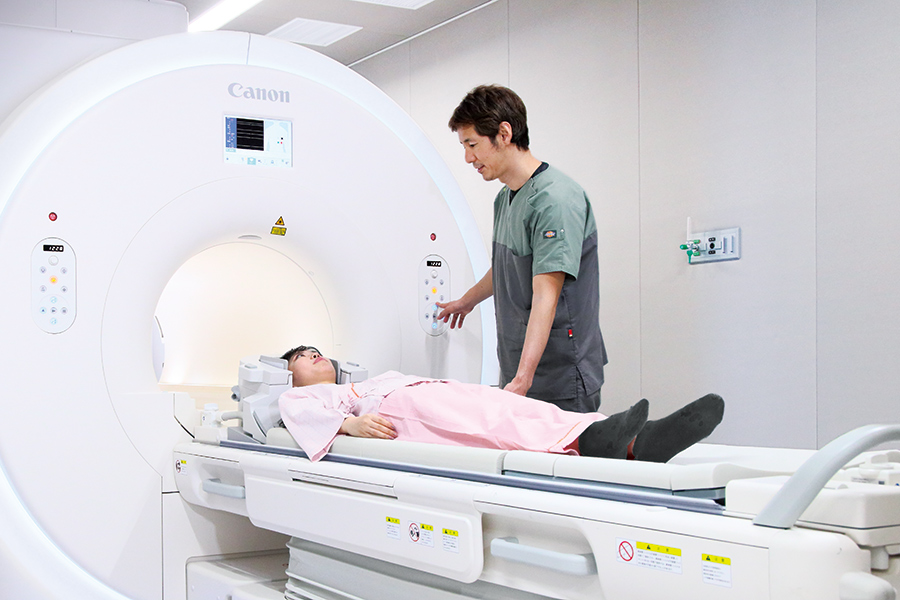
At Saitama City Hospital, which recently relocated to a new building, Canon's two MRIs greatly reduce the burden on patients thanks to a wide examination space, extremely quiet operation, and high-resolution CT imaging.
LEARN MORE

At the National Cancer Center Japan, the exposure-free diagnostic ultrasound system contributes to the early detection of cancer and the improvement of treatment accuracy.
LEARN MORE

